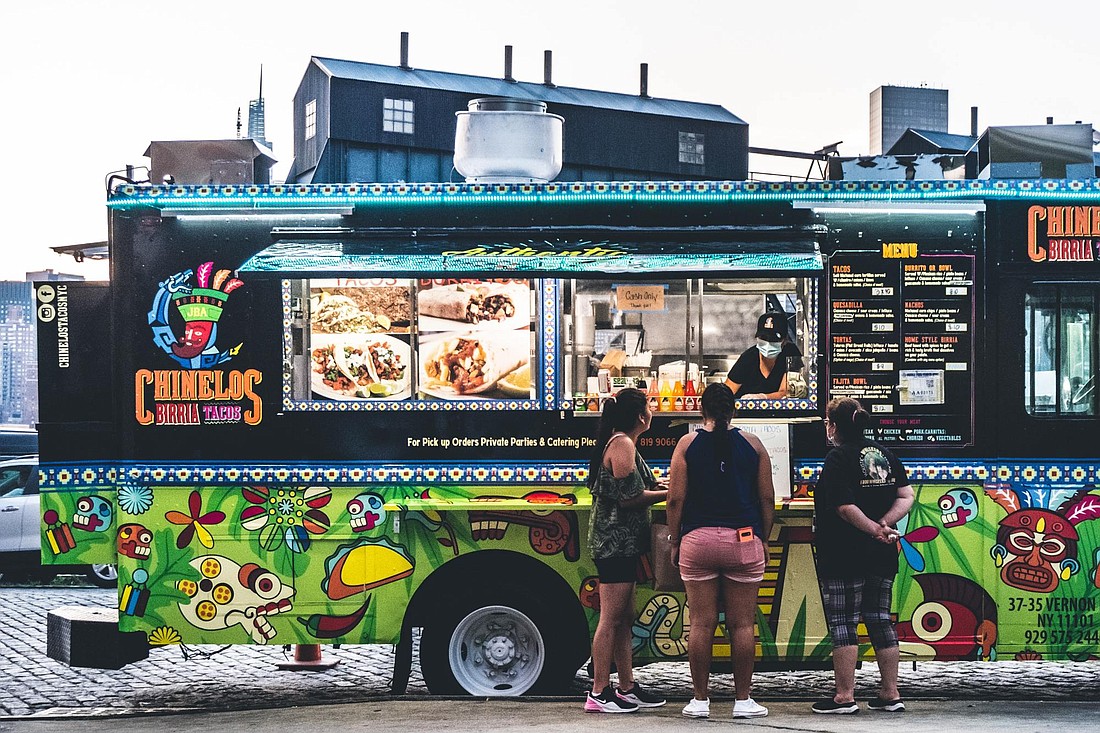- December 16, 2025
-
-
Loading

Loading

With indoor dining not available or extremely limited at brick-and-mortar restaurants during the height of the COVID-19 pandemic, food trucks became hot commodities, soaring in popularity across the country — including Tampa.
According to a new data analysis from Clever, a real estate research firm, the food truck industry is now valued at $1.2 billion, and many cities — but not all — are embracing them. Citing statistics from Roaming Hunger, Walk Score, the U.S. Bureau of Labor Statistics, Yelp, Google Trends and Avalara, Clever found that Tampa ranks 10th in the country on its food-truck-friendliness scale, behind San Jose, California, but ahead of San Antonio, Texas.